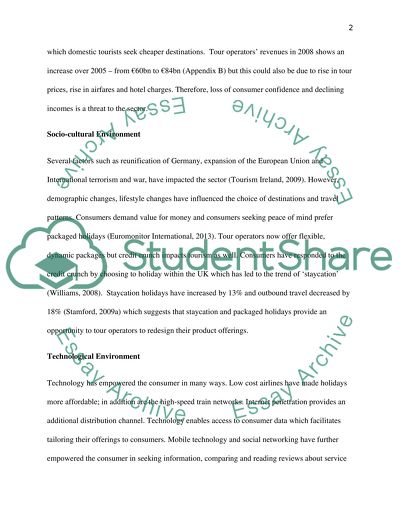Cite this document
(“Consolidation in the Tour Operator Industry Case Study”, n.d.)
Consolidation in the Tour Operator Industry Case Study. Retrieved from https://studentshare.org/tourism/1488860-essay-european-tour-operators-strategic-managment
Consolidation in the Tour Operator Industry Case Study. Retrieved from https://studentshare.org/tourism/1488860-essay-european-tour-operators-strategic-managment
(Consolidation in the Tour Operator Industry Case Study)
Consolidation in the Tour Operator Industry Case Study. https://studentshare.org/tourism/1488860-essay-european-tour-operators-strategic-managment.
Consolidation in the Tour Operator Industry Case Study. https://studentshare.org/tourism/1488860-essay-european-tour-operators-strategic-managment.
“Consolidation in the Tour Operator Industry Case Study”, n.d. https://studentshare.org/tourism/1488860-essay-european-tour-operators-strategic-managment.


